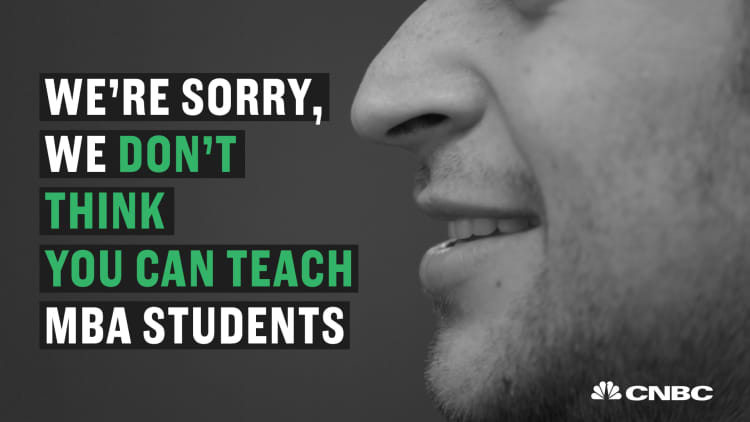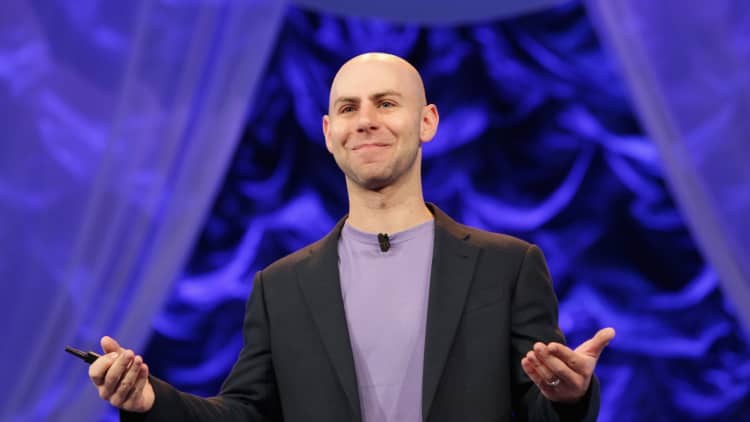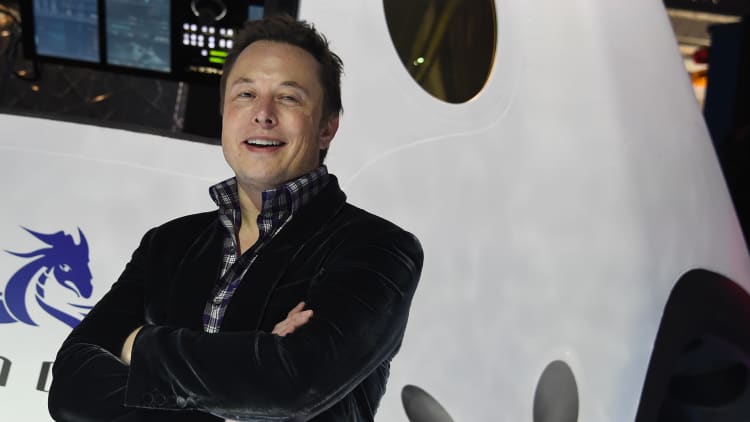Have you ever wanted to tell your boss exactly what's he's doing wrong? Or what's not working at the company?
SpaceX and Tesla CEO Elon Musk and Bridgewater founder and co-chairman Ray Dalio both want their employees to do just that.
Though correcting a multibillionaire a tech titan or one of most powerful people in finance sounds intimidating, both Musk and Dalio have intentionally developed company cultures where employees feel they can speak up when something is broken, problematic or when the leadership is wrong.
That's because both men know that excellence requires hearing from everyone on your team.
"Evidence shows that minority opinions improve decision-making even when they are incorrect," says Adam Grant, organizational psychologist, top-rated professor at Wharton business school and author of The New York Times best-selling books "Give and Take," "Originals" and "Option B."
"Your probability of making a smart decision or coming up with a creative solution to a problem actually goes up, and the reason for that is that dissenting opinions force us to reexamine our criteria, to reconsider our processes and all the options available. Instead of leading to convergent thinking they stimulate divergent thinking and really increase diversity of thought," he tells CNBC Make It.
Grant has talked to Musk about the culture of SpaceX.

"One of the things he's tried to do ... was to make it unsafe not to speak up," says Grant of what Musk revealed during their conversation. "One of their early launches had a major explosion, and Elon had asked going into the launch for the top 10 risks and the factor that caused the explosion was number 11." So Musk worked to build an environment at SpaceX where employees feel empowered to voice their concerns.
"He said, 'Look even if you see something that might be totally irrelevant if you think there's a tiny possibility that it could affect our success, please let me know.' And he said, 'If people are going to be afraid, I'd rather they're afraid of what will happen if they stay silent than being afraid of what will happen if they speak up,'" Grant remembers. "'And we're not going to have a culture where the messenger gets shot. We're going to celebrate the person who called a potential threat or risk to our attention.'"
Similarly, hedge fund entrepreneur Ray Dalio famously shared a disapproving email he got from a junior employee with the entire company. Dalio also went on to share the text of the email (included below) via a TED Talk.
Ray - you deserve a "D-" for your performance today in the meeting ... you did not prepare at all because there is no way you could have and been that disorganized. In the future, I/we would ask you to take some time and prepare and maybe even I should come up and start talking to you to get you warmed up or something but we can't let this happen again. If you in any way think my view is wrong, please ask the others or we can talk about it.
"I don't know about you, but I don't think I'd send that e-mail to the billionaire founder of my company," says Grant to CNBC. "Ray's response a striking though: He writes back and says, 'I'm sorry I let you down,' and then he copies the management committee of Bridgewater and asked them to investigate his history to see if this is a pattern so that he can learn from it."
Dalio's willingness to hear criticism paves the way for others within the company to do so too.
"We know that that kind of leader response can have two effects," explains Grant. "One is that every other boss in the organization sees that happen and starts to think, 'You know I need to be a little more open to being criticized than I was before. If Ray's going to do it, we should all do it.' And two, it's a clear signal to everybody at Bridgewater that voice is valued and that if you speak up — even to criticize people at the very top — you're going to be heard and your opinion is going to be taken seriously."
Grant commends Dalio's willingness to be vulnerable.
"That's such a powerful way to create a culture where voice is not something to be feared and it's not an exercise in futility."

See also:
Wharton's No. 1 professor: 'Never give up is bad advice. Sometimes quitting is a virtue.'
These are the most undervalued employees at your company, according to psychologist Adam Grant
Adam Grant: Resilience is the secret to success. Here are 2 ways to improve yours
Like this story? Like CNBC Make It on Facebook.



